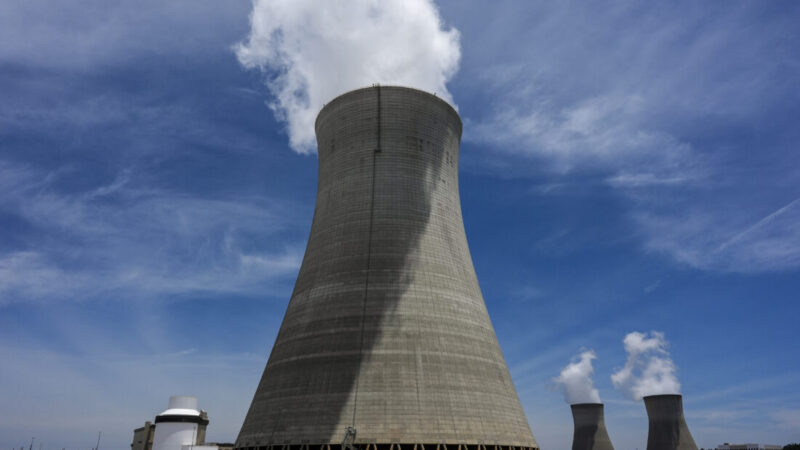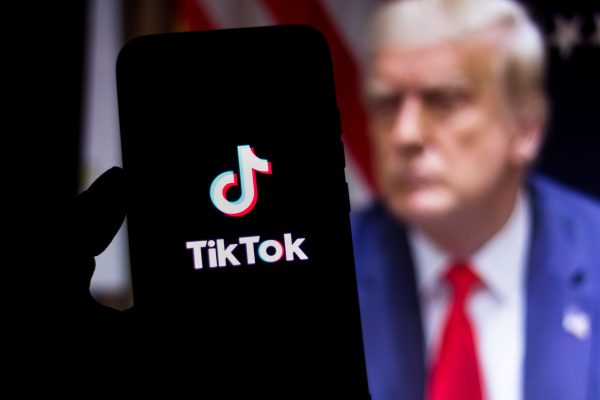The cost of Amazon Prime increased by £1 per month

Due to rising operating expenses, Amazon will increase the price of its Prime programme for UK users.
Beginning in September, annual membership will cost £95 instead of £79, and monthly memberships will increase from £1 to £8.99.
Amazon claimed that the price increase—it’s first in the UK since 2014—was partially a result of the country’s 40-year high inflation rate.
Although there are signs that consumers are beginning to use fewer streaming services, other companies, including Netflix, have also increased their monthly fees.
However, Amazon Prime offers more than just a streaming service. Furthermore, Prime offers unlimited product deliveries.
Changing to an annual plan or cancelling your membership are other options, according to Amazon, which stated that the new pricing would take effect in September or at the customer’s next membership renewal date.
The decision was made at a time when many people are trying to reduce their expenditure since the cost of goods is increasing at the fastest rate in 40 years.
After Amazon raised the cost of Prime in the US in February, retail analyst Natalie Berg, who has published a book about how Amazon will influence the future of buying, said the price increase for Prime was “not really a surprise.”
A poll conducted earlier this year revealed that people were reducing their consumption of food and driving to save money as a result of the skyrocketing energy costs and petrol prices. More than half (56%) of the 4,011 adults surveyed reported making fewer grocery purchases and skipping meals.
According to a recent study, the rising cost of living may be the reason why more individuals are cancelling their memberships to video streaming services like Netflix, Disney+, and Amazon Prime.
According to market research company Kantar, 1.66 million services were cancelled in the second quarter of 2022, with people under 24 being the most likely to do so.
With “wanting to save money” mentioned as the primary justification, cost-cutting was blamed for more than one-third of cancellations.






